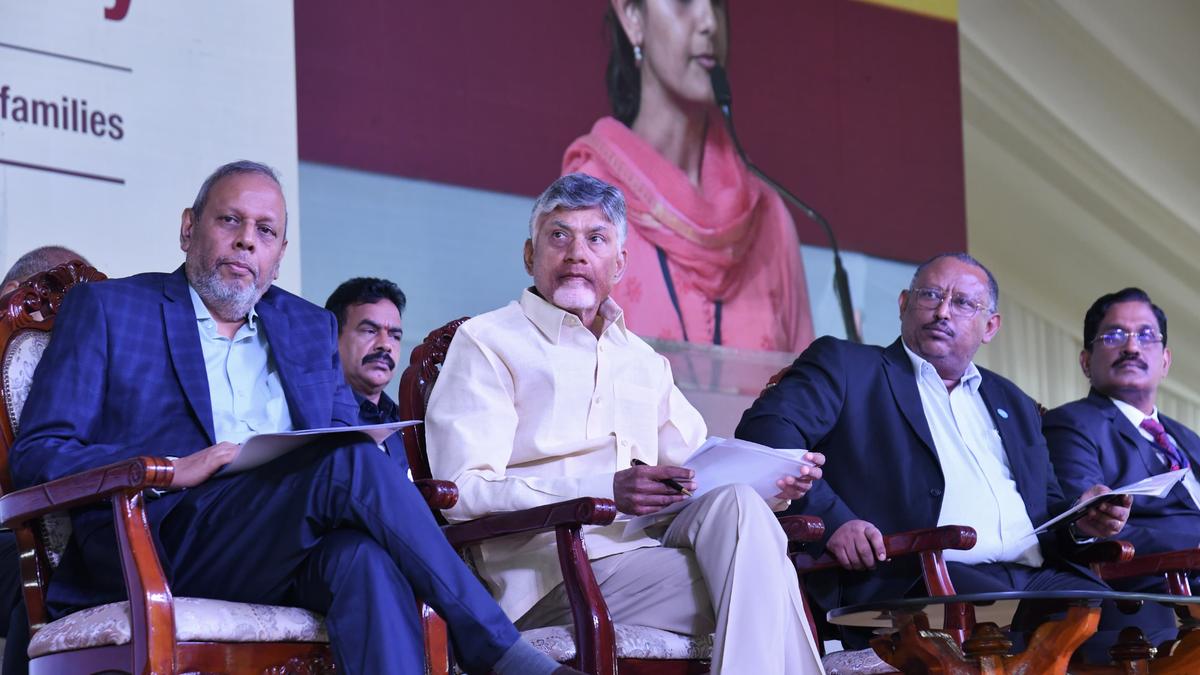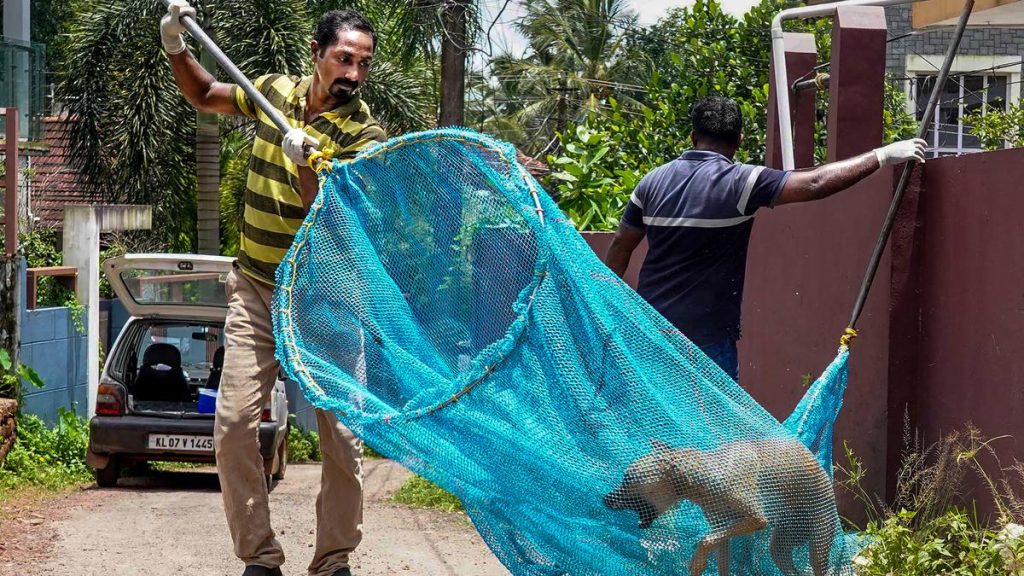Now Reading: Chandrababu Naidu Raises Concern Over Declining Birth Rate, Aging Population in Andhra Pradesh
-
01
Chandrababu Naidu Raises Concern Over Declining Birth Rate, Aging Population in Andhra Pradesh
Chandrababu Naidu Raises Concern Over Declining Birth Rate, Aging Population in Andhra Pradesh

Quick Summary
- Event: Andhra Pradesh Chief Minister N. Chandrababu Naidu spoke at the 1st amaravati Summit on World Population Day near the State secretariat on Friday.
- Key Concern: Andhra Pradesh’s fertility rate stands at 1.7, below the standard replacement level of 2.1 children per woman, raising concerns about economic stagnation, labor shortages, aging population care needs, and urban-rural disparities.
- Proposed Measures:
– Comprehensive policy with incentives to boost fertility rates above 2.1 will be introduced soon.
– Programs focusing on women empowerment, elderly care systems, balanced regional development, and upskilling are needed.
– Tackling gender imbalance and teenage pregnancies alongside monitoring fertility and migration patterns using real-time data was emphasized.
- Observations:
– india’s population strength (surpassing China at 1.40 billion) is its economic asset against declining fertility rates globally.
– South India could face reduced portrayal in Parliament due to declining populations after delimitation of constituencies in the future.Image Caption: Andhra Pradesh CM Chandrababu Naidu at Amaravati Summit along with dignitaries including S. Mahendra Dev (Economic Advisory Council Chair) and Zelalem Birhanu Taffesse (UNICEF).

Indian Opinion Analysis
The low fertility rate in Andhra Pradesh highlights critical socio-economic challenges that demand immediate strategic interventions aimed not just at increasing population but ensuring equitable development across urban and rural regions while addressing aging-related burdens effectively.
Mr. Naidu’s emphasis that India’s large population is an asset aligns with global trends where populous nations have distinct advantages over those facing demographic decline; however, this outlook requires pragmatic solutions such as human capital investment to enable lasting growth without exacerbating existing inequalities.
The concerns about reduced political representation for Southern states underscore broader demographic shifts within India that may complicate federal dynamics post-delimitation reforms-a potential call for Southern states to advocate collaborative models balancing equitable representation against population-centric metrics during legislative planning discussions.
Read more: [Link Placeholder Based on Input Source]























